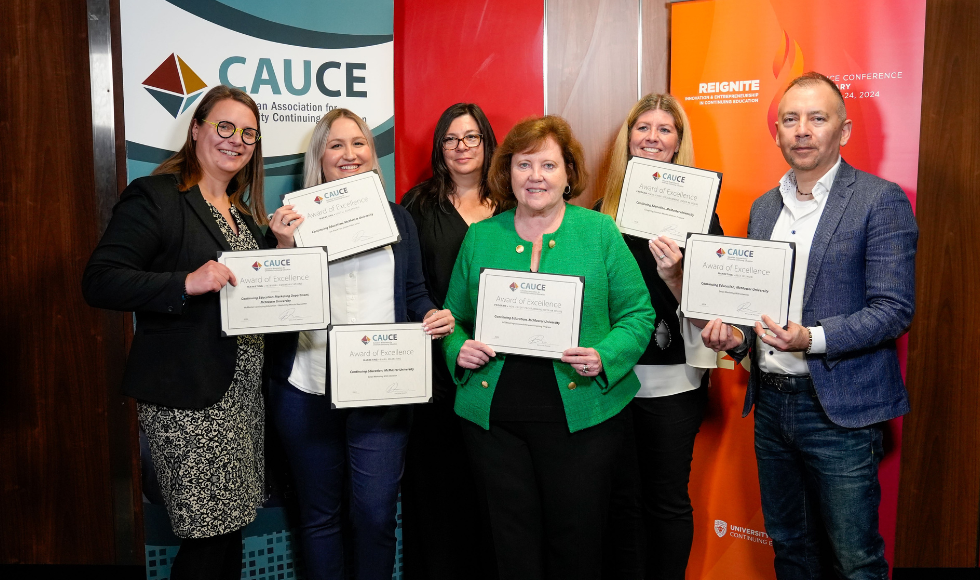Asking for Help – a Reflection From the Caregivers’ Living Room – Donna Thomson’s Blog

Ask a caregiver, “What’s the hardest thing about caregiving?” Chances are they will answer “Asking for help! Come to think of it, it’s tricky finding ways to give it, too.” Why is it so difficult to ask for help or offer it? Did we ever have the language for this – was it easier to ask for assistance or offer it in the olden days? I think it’s always been tricky because giving or needing help is so connected to personal dignity.
Ask a caregiver, “What’s the hardest thing about caregiving?” Chances are they will answer “Asking for help! Come to think of it, it’s tricky finding ways to give it, too.”
Why is it so difficult to ask for help or offer it? Did we ever have the language for this – was it easier to ask for assistance or offer it in the olden days? I think it’s always been tricky because giving or needing help is so connected to personal dignity.
 If we want to help someone be independent (even if they need assistance to get through much of the day), what are some ways of offering help? Perhaps the first way is to be silent and observe closely. Is your loved one struggling to dress independently? Is that the moment to ask, “Want some help with that?” Next time that task comes up, it might be an opportunity to mention, “I saw in a magazine recently these really nice sweaters with zippers instead of buttons. I’ll pick one up for you to try, but in the meantime, I could help with these buttons – they are so annoyingly tiny!”
If we want to help someone be independent (even if they need assistance to get through much of the day), what are some ways of offering help? Perhaps the first way is to be silent and observe closely. Is your loved one struggling to dress independently? Is that the moment to ask, “Want some help with that?” Next time that task comes up, it might be an opportunity to mention, “I saw in a magazine recently these really nice sweaters with zippers instead of buttons. I’ll pick one up for you to try, but in the meantime, I could help with these buttons – they are so annoyingly tiny!”
Offering assistance when it’s unwelcome can be tricky. Sometimes, “I’m here if you’d like a hand with that” can result in watching in painful silence while a loved one tries and fails to manage eating a bowl of soup from a spoon held in a trembling hand. If inserting dignity into the situation rather than dealing with the mess (or eating the soup) is the objective, perhaps it’s not so hard. Make the soup texture the common enemy – “Look at how they make the soup so runny these days! It’s probably a cost cutting measure. Let’s see what’s in the fridge – maybe we can use that soup as a base for stew. Mashed potatoes here we come!” Because dignity is the objective and enabled autonomy is the means to the end, the words come out in ways that are conspiratorial, empathetic, light-hearted and conversational.
But, what about asking for help for ourselves? We all have lots of good reasons for not wanting to answer anything but “I’m fine” when someone asks how we are doing. We may believe (correctly) that someone else would never understand the nature of our care challenges. We might believe that by saying “I’m not fine, we need help at home” seems like a betrayal of your loved one or simply a declaration of personal failure.
But what if we thought of this moment as an invitation for another person to contribute – in a way that will make them feel good while it helps you?
When conversation begins to flow naturally and we find the words to be honest and the patience to listen, we experience the relief that a truthful conversation can bring.
In this space, offers can be made, opportunities for giving and taking can be accepted – or not. The thought “You would never understand” morphs into the spoken words “We would really appreciate a meal one night next week.” You will have an opportunity to explore ways of getting the help you need in Module 3 of this course: Navigating complex systems and getting the support you need.
The language of care is very tricky and fraught with emotion. But one thing that my gut tells me is right: we must begin with love and dignity. Perhaps the words will follow.
Interested in catching up on Donna’s blog? Please visit A Reflection from The Caregivers’ Living Room – Donna Thomson’s Blog.
For further information on how we can support you, please visit our Caregiving Essentials program and our newest course Infection Prevention and Control of Caregivers and Families.
Caregiving, Community Corner NewsRelated News
News Listing

McMaster Continuing Education Triumphs Again at CAUCE Awards
Community Corner News, Latest News, Tips Corner, What's New
June 27, 2024

McMaster Continuing Education Shines with Six CAUCE Awards
Community Corner News, Latest News, What's New
June 20, 2024

McMaster Continuing Education and McMaster University School of Earth, Environment and Society Launch Free Online Course: Creating Caregiver-Friendly Workplaces
Business, Caregiving, General, Latest News, Professional Development, What's New
March 20, 2024
